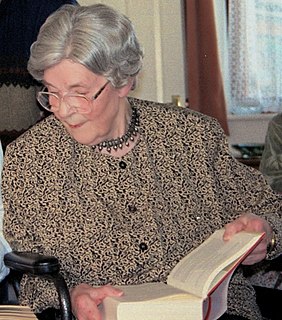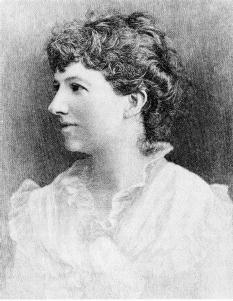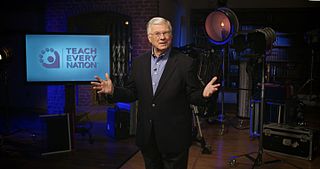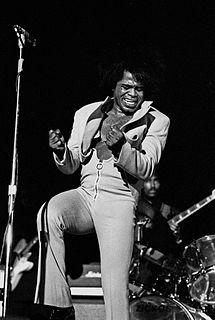A Quote by Robert M. Price
A critic may reject some miracle stories as legendary, and not others, with no inconsistency at all for the simple reason that even if one holds miracles to be possible, one need not hold legends to be impossible! There are other factors, literary and historiographical ones, that might lead a critic to conclude that even though miracles can happen, it does not appear that in this or that case they did.
Related Quotes
I do believe I begin to grasp the nature of miracles! For would it be a miracle, if there was any reason for it? Miracles have nothing to do with reason. Miracles contradict reason, they strike clean across mere human deserts, and deliver and save where they will. If they made sense, they would not be miracles.
All I am in private life is a literary critic and historian, that's my job...And I'm prepared to say on that basis if anyone thinks the Gospels are either legends or novels, then that person is simply showing his incompetence as a literary critic. I've read a great many novels and I know a fair amount about the legends that grew up among early people, and I know perfectly well the Gospels are not that kind of stuff.
Every heart has a miracle to pray for. Every life holds that which only a miracle can cure. To prove that there have never been, that there can never be, miracles does not alter the matter. So long as there is something hoped for, - that does not come in the legitimate channel of possible events, - just so long will the miracle be prayed for.
It is a miracle if you can find true friends, and it is a miracle if you have enough food to eat, and it is a miracle if you get to spend your days and evenings doing whatever it is you like to do, and the holiday season - like all the other seasons - is a good time not only to tell stories of miracles, but to think about the miracles in your own life, and to be grateful for them, and that's the end of this particular story.
At best, the relationship between drama critic and playwright is a pretty twiggy affair. When I'm asked whom I write for, after the obligatory, I write only for myself, I realize that I have an imaginary circle of peers - writers and respected or savvy theatre folk, some dramatic writers and some not, some living, some long gone. . . . Often a writer is aware as he works that a certain critic is going to hate this one. . . . You don't let what a critic might say worry you or alter your work; it might even add a spark to the gleeful process of creation.
Does it take a blanket presupposition for a historian to discount some miracle stories as legendary? No, because, as even Bultmann recognized, there is no problem accepting reports even of extraordinary things that we can still verify as occurring today, like faith healings and exorcisms. However you may wish to account for them, you can go to certain meetings and see scenes somewhat resembling those in the gospels. So it is by no means a matter of rejecting all miracle stories on principle. Biblical critics are not like the Committee for Scientific Investigation of Claims of the Paranormal.
When you are aware that you are the force that is Life, anything is possible. Miracles happen all the time, because those miracles are performed by the heart. The heart is in direct communion with the human soul, and when the heart speaks, even with the resistance of the head, something inside you changes; your heart opens another heart, and true love is possible.
An atheist, like a Christian, holds that we can know whether or not there is a God. The Christian holds that we can know there is a God; the atheist, that we can know there is not. The Agnostic suspends judgment, saying that there are not sufficient grounds either for affirmation or for denial. At the same time, an Agnostic may hold that the existence of God, though not impossible, is very improbable; he may even hold it so improbable that it is not worth considering in practice. In that case, he is not far removed from atheism.
Edmund Wilson was our greatest American literary critic because he was more than a literary critic: He was a fearless, even radical judge of the society he lived in. (See, for example, _A Piece of My Mind_; _The Cold War and the Income Tax_; the introduction to _Patriotic Gore_.) Our conventional critics cannot forgive him for those scandalous lapses in good taste.




































